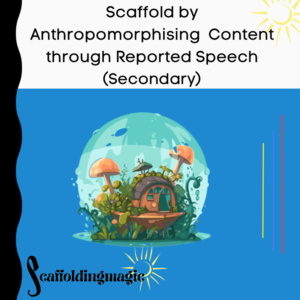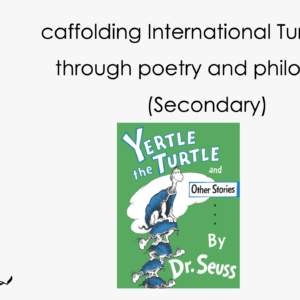THANK YOU!!! What a fabulous term, right!! For some of us, it’s drilled so deep into our subconscious it comes out as easily as our breath. For others, either it’s not part of the culture, or it just sticks into our mouths. So…let’s set it loose…and while we’re doing that…let’s show how powerful it can be to thank someone, show our gratitude, see the gold behind what they’ve done – recognise the little gestures, not just the big ones. Conclusion: Celebrate each other and our willingness to appreciate doing something for the sake of doing it.
If we want to get theological, especially since the pandemic, we know that unless we address factors that will strengthen the affective domain, our students will find moving forward in their learning emotionally taxing. We can support them by focusing on how we treat each other, celebrate the small and larger steps towards respect and recognition, and just revel in ourselves as humans.
There are many ways to say ‘thank you’ in every language. This scaffold invites you to swim past linguistics and dive into the more malleable interpretation of the expression.
We’re going to use Leonard Cohen‘s classic ‘Halleluyah’ and the version by the a capella group Pentatonix, as a way of celebrating this day.
While the word halleluyah is most often associated as a religious reference, it has a secular meaning as well, and many understand that the sentiments create transcendence. That is where the true power of the word lies; this affective, more global perspective is the focus of this scaffold.




